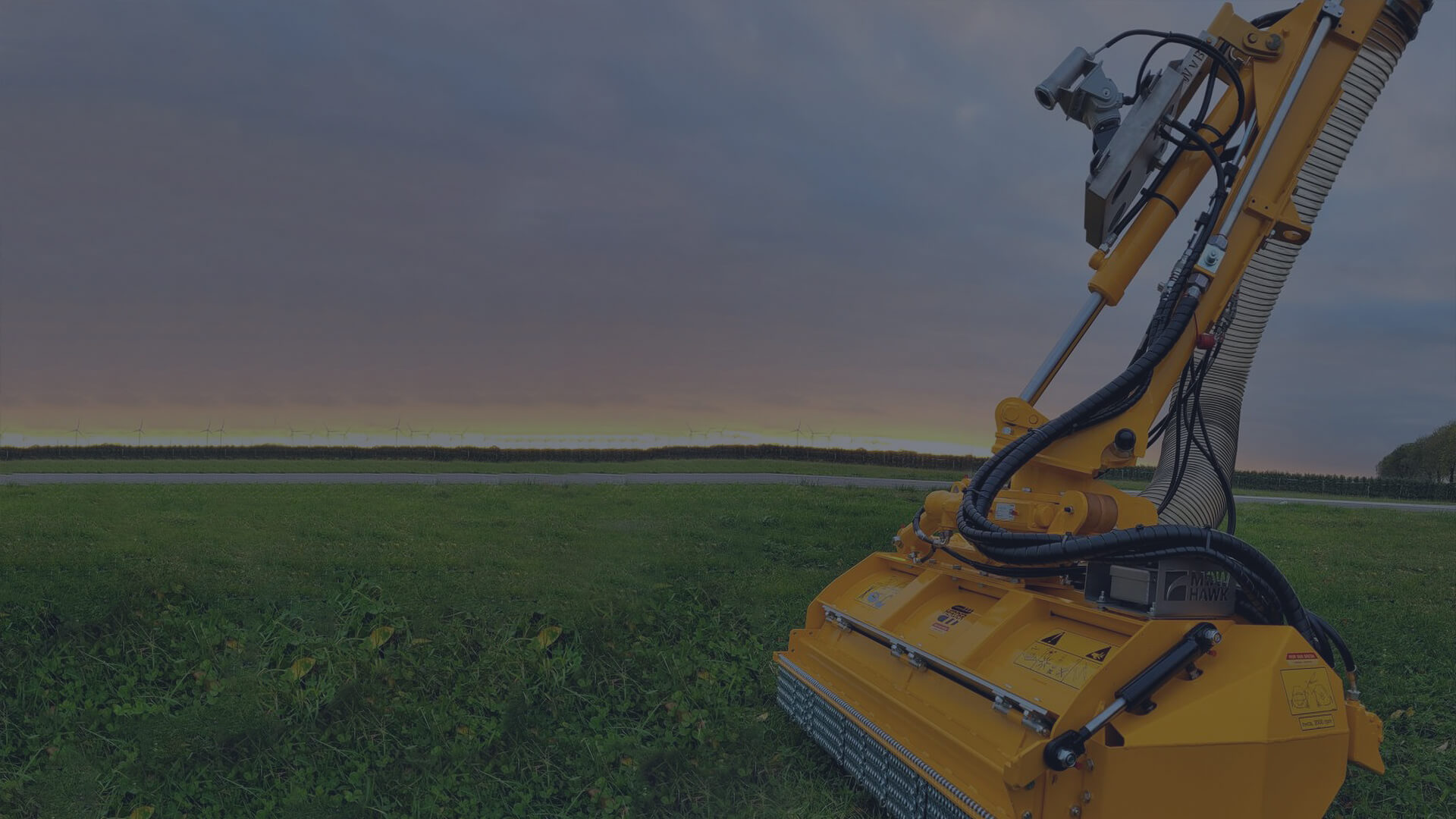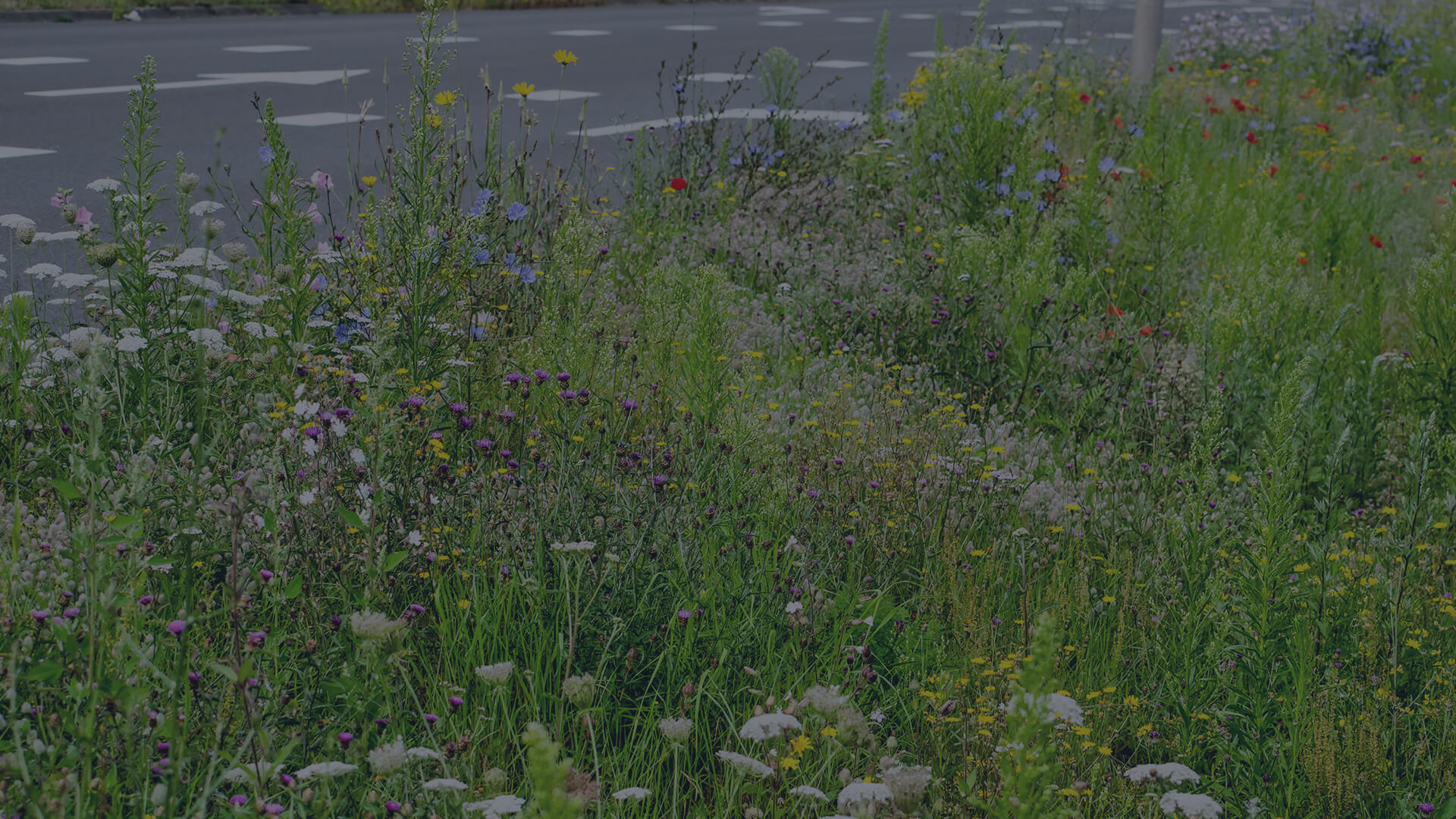Demand
The province Overijssel wanted smart support for nature-inclusive roadside management. This was to promote biodiversity, reduce invasive exotics (harmful plants that do not originally grow in the Netherlands) and keep litter out of grass clippings.
This roadside management was done by sending ecologists to the roadsides after which they had to walk all over these roadsides to analyze them. A long and intensive process that certainly could be automated.

The process
Datacadabra started working on detection and classification of invasive exotic species, litter detection and tracking of mowing patterns, using "location tracking".
Data
Together with farm equipments supplier Wim van Breda, Datacadabra designed a smart camera system (the 'MowHawk') to be mounted on the arm of a mower. The software and prototype for the camera was designed by Datacadabra; Wim van Breda provided the hardware (camera, chassis and mounting) and domain expertise. The system uses computer vision (AI) and location and orientation sensors to collect data about the roadside.
Services
In addition to the software for the MowHawk, Datacadabra also provided an algorithm for processing the data from the various sensors.
Feedback
The results and insights from the MowHawk are displayed in GIS (Geographic Information System) map layers.
The result
The data from the cameras goes directly to ecologists in the office, eliminating the need for them to go out and look at the roadsides themselves. This is a huge time and money saver on roadside inspections. After this, the municipalities are better informed about future roadside management. Has a lot of litter been spotted somewhere? Then specific people can be sent there. In addition, dumping costs of roadside clippings are saved.

Laura van Vuurde (Province of Overijssel)
'Datacadabra made us feel they had good insight into the practical questions we had. They came up with simple, effective and cost-effective solutions. The implementation takes place in demonstrable steps both technically and in marketing. The solution helps us to generate important insights based on data and thus bring our nature-inclusive and circular desires for managing our roadsides one step closer.'
